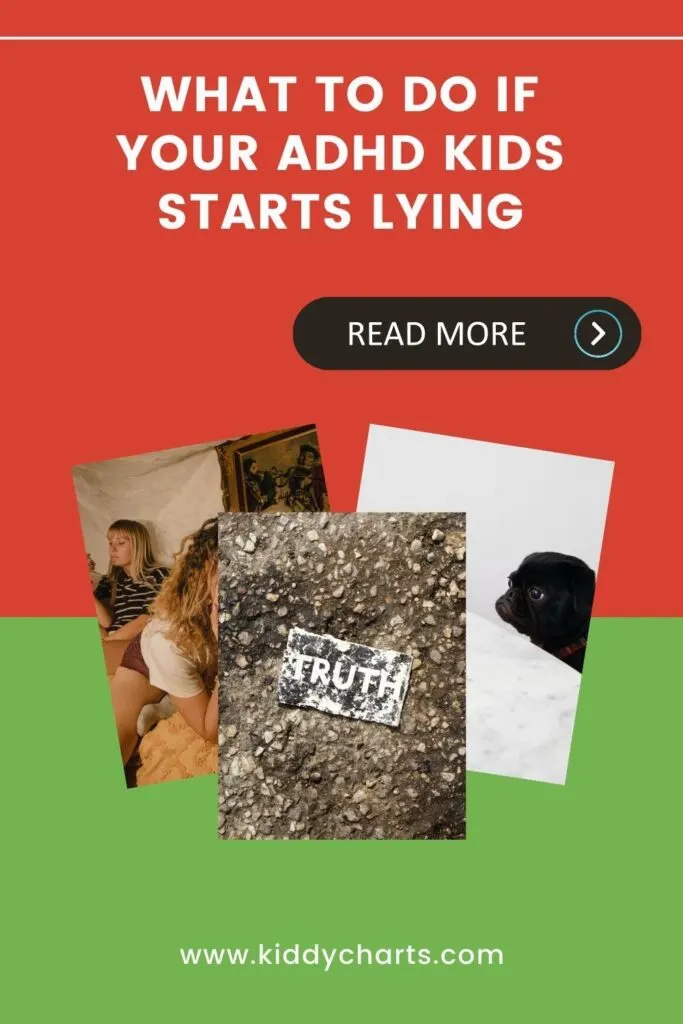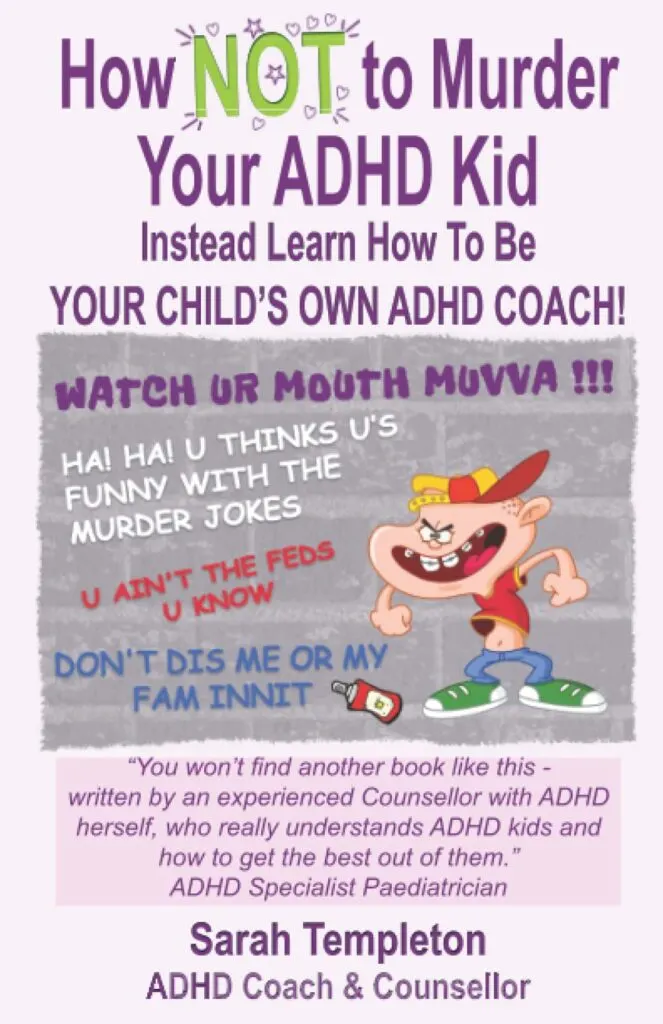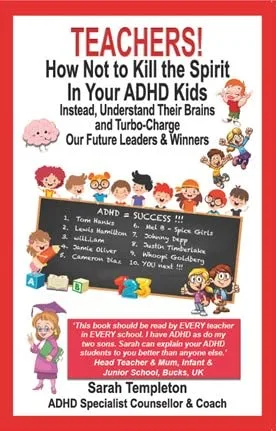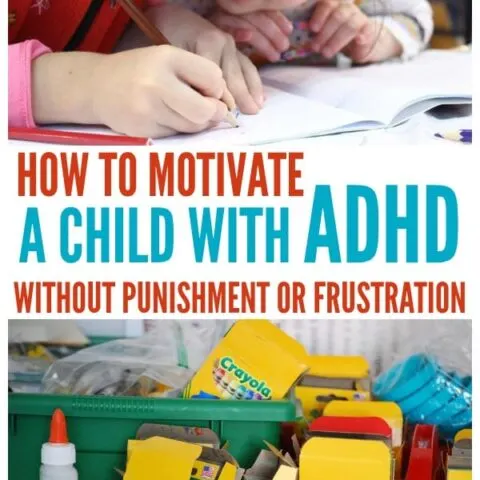We have another article from Sarah Templeton at Headstuff ADHD Therapy today. This time we are covering ADHD and lying, and how to deal with it. Don’t forget to look at Sarah’s books and the other ADHD resources for parents and teachers on the site too.

If you want more information on her books:


What is ADHD and lying all about?
This crops up a lot with ADHD children and also, would you believe, with ADHD adults. Sarah has seen it cause problems numerous times in her therapy room. What is it about ADHD and lying with children and why might they lie. Finally, and most importantly, what can you do about it.
As with everything ADHD, lying might be a very major or minor problem, and if it crops up at all, it is going to most likely be during puberty.

As ADHD is a hormone related condition, all the traits will be heightened during the puberty years which can be anything from the age of 9 to 19.
There are some kids who start lying at a much younger age and the earliest Sarah has personally witnessed is a four-year-old. Much more likely is that your ADHD child is going to slip in the odd lie from around about the age of 7 or 8. This is a rough average.
Why do ADHD kids lie?
I have worked with hundreds of young children, teenagers and their parents, and the overriding reasons for lying appear to be:
They want something

And that something they are probably not supposed to have. A very good example is food and this is largely because an ADHD child’s brain is always telling itself that nothing is enough. Your child may well tell you they only had one packet of crisps, when four have actually disappeared from the multipack. Sarah was only allowed one biscuit when she came in from school, so she became very adept at putting my hand in the biscuit tin once, and pulling out four biscuits because one really wasn’t enough and
Livening things up

Life can be extremely boring when you are a child with ADHD. The same old routine every day going to school, and coming home. Then it is homework and then bed. It’s all terribly repetitive and hideously boring. So your child may slip in the odd lie to liven things up.
My all-time classic was telling my entire class when I was aged around 11 that I was late back from the doctors that morning because a man had dropped dead in the waiting room. I think I was embarrassed at being late and wanted to give everybody a reason. The lie was found out later on that very same afternoon when a classmate mentioned it to my mother who hadn’t a clue what he was talking about. This example is a good one for why an ADHD child might lie.
I think it came from anxiety that I was late and I needed a very good reason to cover up, so I picked on some random ridiculous story. But it may well also have been to make myself the centre of attention which it certainly did, if only for a short while!
They think they are telling the truth

Sometimes, children with ADHD have genuinely forgotten and think they are telling the truth. This is a very important one, and one to always consider. ADHD people can have a very poor short-term memory.
An ADHD psychiatrist told me this little gem many years ago:
‘For a thought to be stored as a memory, it needs to be thought for so many split seconds. And an ADHD brain rarely thinks a thought long enough for it to be stored as a memory’.
So this question to your eight-year-old:
“Did you clean your teeth this morning”
It might have received a “yes” answer because your child has genuinely already forgotten that he didn’t go anywhere near his toothbrush!
Have some patience with your ADHD child over this. We can genuinely believe we have done something when we haven’t because our short-term memory is so poor.
To make themselves look or feel better

Remember that having low self-esteem is part of the ADHD condition. In addition, an ADHD child can receive up to 20,000 negative messages before the age of 12.
It is therefore not difficult to see why an ADHD child might want to ‘big themselves up’ to appear successful or to have more gadgets and devices than their friends.
I’ve heard some absolute whoppers from ADHD teenagers over the years. One told me he had been in a police cell, attacked by a policeman who broke his nose and was given £40,000 compensation. When he was released from prison without a bean to his name, I realised this story was a load of codswallop. But it had made him ‘look good’ to me for months because he had also told me he had very generously given a big chunk of it to his mother and siblings.
What do we do about ADHD and lying?
So now we know the main reasons an ADHD kid might lie, just what do you do about it when you find out that they are?
I always recommend that you sit down one-to-one with the child, making sure absolutely nobody else can hear. Let them know you believe they are not always telling the truth, which sounds a lot better than ‘lying’, and you are concerned that this will get out of hand and lead them into trouble. Make it very clear that you are on their side.

It is also worth showing that you understand this is not unusual for ADHD children and can be part of the condition. Most certainly while they are growing up.
If they spill the beans immediately, and tell you what lies they have been telling, congratulate them for telling the truth. Dig deeper to find out why they did it, and help them find different ways of managing those situations in future without having to lie.
Give them space and no judgement
If they deny it completely, and say they haven’t got a clue what you’re talking about, give them some examples of when you think they might have been lying. It is also important to give them the opportunity to explain why they were not.
Always make it clear you are on their side, and you don’t want them not being able to tell the truth to get in the way of friendships and their future life.

They need to know that, however bad it is, the truth is always better than a lie. You won’t judge them for the truth as long as they come clean as soon as they feel able to. They need to have one safe person to do this with.
That is usually the parent they are communicating best with at the time. Or perhaps even a much older sister or brother.
Let then know you are on their side
Let them know that you are not judging them for this element of their ADHD. Together you need to make sure they only tell the truth because lying is never right. It is only ever going to get them into trouble.

You can also let them know that lying consistently is only going to get them into trouble with the law. I wouldn’t suggest you mention this to children under the age of about 13. They also need to know telling the truth in life is extremely important. If they don’t want to get into any trouble with authorities or the police, the truth wins. Be consistently on their side.
Always praise them hugely when they do tell the truth and if they still aren’t getting the message. Let them watch some TV shows or films where lying has got people into huge trouble. Get the message through that telling the truth is the only way to be happy and successful in life.
People who lie consistently are inviting trouble, lost friendships and potentially the law into their lives.
Good luck!
We do hope that this is helpful for you. Check out some of the other articles on ADHD that we have on the site:
Articles on ADHD from KiddyCharts Part 2
Here are some more articles on ADHD from Sarah on the site - check these out, and see if they help you a little more.
ADHD and sensory issues: Sensory Processing Disorder and how it might affect your ADHD child
ADHD often exists alongside sensory issues - so why not check this out here and see if this applies to you and / or your kids?
ADHD medication guide: To medicate or not to medicate that is the question
ADHD medication can be hard to navigate, so here is our guide to help understand what ADHD medication is all about, and how it helps.
ADHD and procrastination: Why adults and kids do it and how to stop them?
Those with ADHD can be chronic procrastinators - this article explains a little more ab out this, and how you can help your kids to take more control of it.
And here are some from off site as well:
Other articles on ADHD from the web (Part 2)
Here are some more articles on ADHD from the internet - do check them out alongside the other resources that we have on our site too.
5 Simple Ways to Motivate a Child with ADHD
Some ways to help motivate those with ADHD - something that can be really difficult to do!
What's it like for a child with ADHD?
An over-arching article about what it is like as a child with ADHD.
10 Things Other Parents Need to Know About ADHD in Girls
ADHD in girls is something that we are only just discovering - with girls being diagnosed later in life on average that boys. Check this article out for more info now.
We do hope this was useful. If you like what you see on the site – why not check out our newsletter?
Thanks as always for coming to the site, and we hope you will visit us again soon.
Helen








